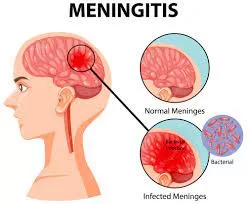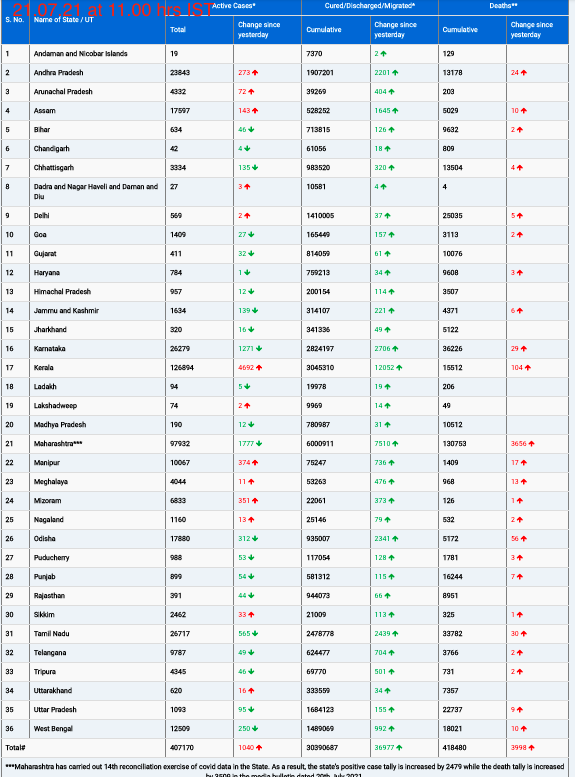University of Virginia Research Challenges Conventional Treatment Approaches
A groundbreaking study from the University of Virginia School of Medicine reveals that nearly a quarter of children suffering from recurrent wheezing have “silent” viral lung infections. These infections, often undetected due to the absence of typical cold symptoms, may require antiviral treatment rather than the commonly prescribed corticosteroids, which can have significant long-term side effects.
The research, led by pediatric pulmonologist Dr. W. Gerald Teague, MD, was motivated by the observation of numerous children with persistent wheezing cases referred from community providers and the UVA Health Emergency Department. Dr. Teague, recognizing that rhinoviruses (the primary cause of the common cold) can lead to wheezing episodes, sought to investigate whether there was a connection between recurrent wheezing and “indolent” lung infections—those that persist without overt symptoms.
After screening over 800 children and adolescents with severe wheezing, Dr. Teague and his team discovered that 22% had undetected lung infections that did not present the usual symptoms of a cold. These infections, unlike typical wheezing triggers, do not respond to corticosteroids. The researchers found that higher doses of steroids might exacerbate lingering lung inflammation and lead to adverse side effects, including irritable behavior, reduced bone density, and suppressed growth.
“While steroids can be beneficial for some children with wheeze, many in our study did not exhibit inflammation patterns that would improve with steroid treatment,” noted Dr. Teague, a clinician-scientist at the Child Health Research Center. “For wheeze episodes triggered by colds, I recommend anti-inflammatory medications like azithromycin, which surprisingly, can enhance the immune response to viruses.”
The study also explored the potential underlying causes of these recurrent infections. While rhinoviruses were identified as the most common pathogens, other unresolved respiratory infections were also detected. Dr. Teague and his team suspect a malfunction in the mucosal immune cells within the children’s lungs could be preventing effective viral clearance. This issue appears to predominantly affect very young children and lessens as they approach school age.
The researchers stress the need for further investigation to understand this immune dysfunction and to develop more effective treatments. In the meantime, Dr. Teague advocates for a reevaluation of current treatment protocols for recurrent wheezing. He emphasizes the importance of distinguishing between inflammation responsive to steroids and viral infections that are better addressed with antiviral medications.
“Viral infections are the most significant triggers of acute wheeze episodes in children and can lead to severe respiratory distress and hospitalization,” Dr. Teague stated. “Our findings should encourage a shift away from the overuse of corticosteroids towards novel therapies that target specific inflammation patterns.”
Looking ahead, Dr. Teague plans to explore whether these immune response issues could be linked to an increased risk of asthma in children, potentially paving the way for new preventive strategies and treatments.
The study represents a significant step forward in understanding and managing recurrent wheezing in children, with implications for both clinical practice and future research.












